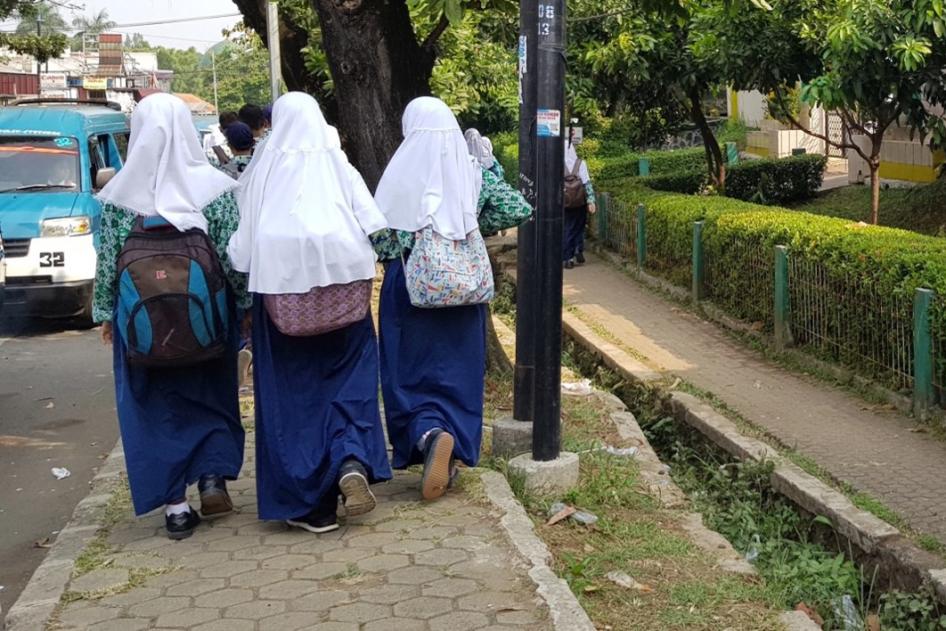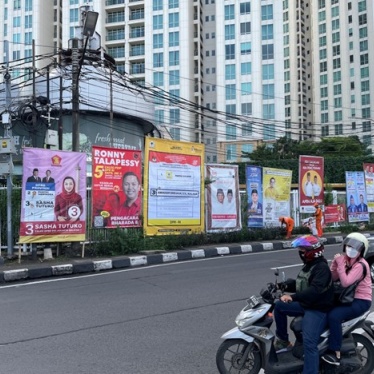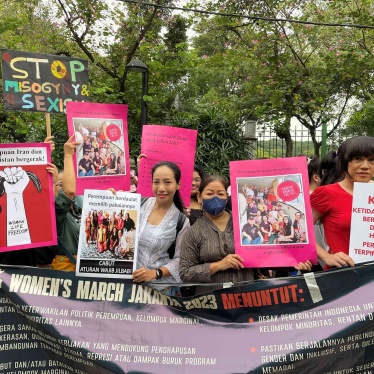On Wednesday in Geneva, United Nations experts concluded their dialogue with Indonesian government officials to review the country’s record on delivering economic, social, and cultural rights.
When the UN Committee on Economic, Social and Cultural Rights last met with Indonesian representatives in 2014, it urged the government to “review and repeal provisions … found to be discriminatory against women.” The committee also called on Indonesia to “adopt a human rights-based policy for the promotion of the rights of persons with disabilities which includes … awareness-raising campaigns to eliminate stigma, negative stereotypes and other cultural barriers to their full participation in society.”
Sadly, the committee needs to be repeating these same calls a decade later.
There are 73 local mandatory hijab regulations in force today in Indonesia that leave women and girls under intense psychological distress to conform. Those who refuse to comply face punishments and are often forced to leave school or work. Some simply quit rather than endure the pressure.
Domestic workers in Indonesia, the vast majority of whom are women and girls, are not recognized as workers under national labor laws. They are left without basic legal labor protections and face harassment, exploitation, and violence. This could change if Indonesia ratifies and implements the Convention on Violence and Harassment at Work, a landmark treaty the International Labour Organization (ILO) promulgated in 2019. The UN committee should also call on Indonesia to pass the Domestic Workers’ Protection Bill, which has remained stalled in parliament for the past 19 years.
For people with disabilities in Indonesia, community-based mental health, support, and independent living services are still lacking. Instead, thousands of people with mental health conditions, including children, are shackled against their will by families in their own homes or in overcrowded and unsanitary institutions. The government has made serious efforts to end the practice, but much more remains to be done.
Last week, millions of Indonesians cast their votes to elect a new president, who will take office in October. The incoming government should ensure that the committee’s recommendations are carefully considered and acted upon this time around.











